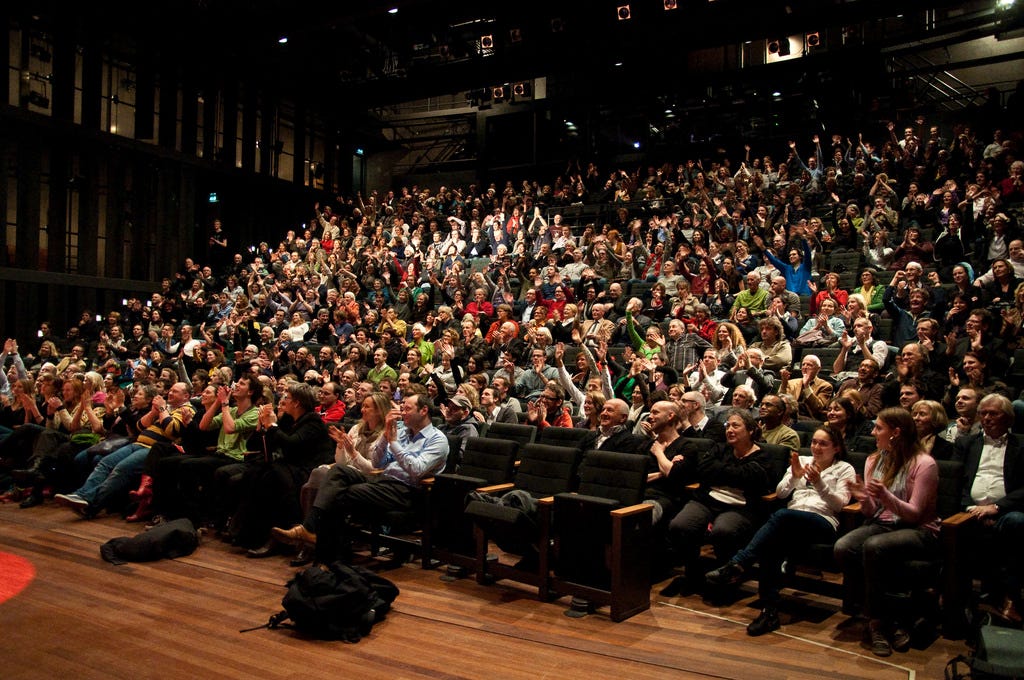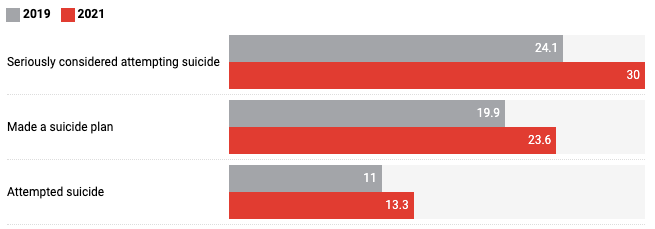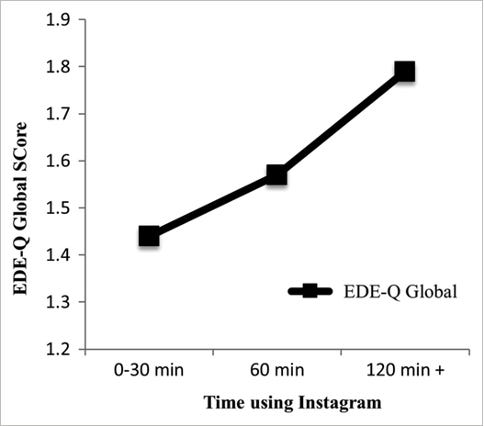Technology and Relationships in a Connected World
One Year of Better Vibes! This week in happiness.
The friendship knot sculpture, one in Japan and one in America.
Sgerbic, CC BY-SA 3.0 <https://creativecommons.org/licenses/by-sa/3.0>, via Wikimedia Commons
I hope you're finding meaningful connection in our digital age.
It's the one-year anniversary of Better Vibes! One year, 28 articles and almost 1000 views! Which is more than this crowd here:
I will continue to publish articles to help you create the life you want. On to the article.
The technology of social media and phones that allow you to connect with (almost) anyone in the world at any time has betrayed its purpose. The "chosen ones": social media and phones, have turned around and created a society that is more connected than ever in all the ways that don't matter, and less connected than ever in the ways that do.
How do you use modern technology to create the social relationships you want?
As I have written before and will write again, social media has been a major contributor to the growing loneliness crisis. Meaning that social media has made us less social, a sad contradiction. This has led to young people's happiness taking a swan dive into an empty pool. The world happiness rankings have just come out, and America has dropped another 4 places, having already fallen out of the top 20 last year. This is caused primarily by the decline in well-being of people under 30.
According to an analysis by Jean Twenge, social media have played a major role in this decline. There was an initial study by Orben and Przyblyski that showed a negligible negative effect of internet use as a category, but this lumped a lot of factors together and did not analyze different effects on different genders, which is problematic because different kinds of internet use can have different effects on different groups of people. According to a massive survey in the United States, young girls are struggling, experiencing an increase in suicidal thoughts, plans and attempts. It makes little sense not to differentiate if it is clear a group is having issues.
Suicidal Thoughts and Behaviors Among High School Students (Girls) — Youth Risk Behavior Survey, United States, 2021
Orben and Przyblyski's study lead to headlines such as “Calm down, parents: A rigorous new Oxford study of 350,000 teenagers shows screen time is about as dangerous as potatoes”. Twenge's re-analysis found negative correlations between -.11 and -.24, which is moderate but large for social science. For context, the effect of lead pipes on children is -.9. To respond to a sensationalist headline with a headline of my own "Freak out parents - social media is worse than lead".
But in the difference between analysis and re-analysis there is hope, as different types of internet use and social media use will have different effects on different people, so being smart about technology use can help you figure out what can have a positive impact on your life. To be clear some of this is like reading tea leaves as the research isn’t quite where it could be in regards to comparing different social media, but on we go.
One hypothesis as to why boys have fared better than girls when it comes to certain indicators of depression (although they are now showing an upward trend) is that boys use discord and play video games together at much higher rates than girls. While this is probably inferior to face-to-face social connection, it seems reasonable to me that this is a much healthier outlet than something like Instagram or Snapchat (used more by girls), both of which only serve up attractive people in their happiness for users to compare themselves to. Playing video games together is exactly the kind of side-by-side activity that boys tend to gravitate towards.
Wilksh et al.,2019
Here is the relationship between time spent on Instagram and scores on an eating disorder questionnaire. Instagram in particular distorts what a 'normal' body looks like and leads to harmful social comparisons.
In one of the few studies of the differential effects of different social media, a study by Tibber and Wang, they found that different primary uses of different types of social media led to different effects on stress and GPA. More chat-based person-to-person social media had a neutral to positive effect on wellbeing, while more public quantifiable interactions, things like likes and comments, had a more negative effect because it is so easy to compare numbers and attach value to them. In addition, person-to-person chat-based social media facilitates face-to-face interaction, which is the most beneficial.
How to improve your relationship with social media and your relationships with others.
All of this is well and good, but how can you use what you learn here to improve your use of technology? What really got me thinking about this is a weekly reminder I put in a calendar to call my grandmother every week. Before that, like all of us, I had the intention of calling my grandmother more often, but I didn't always manage it. Now I don't do it every week, but I definitely call her more often than I used to, two or three times as often. This is at the heart of how I think we can use technology to build connections rather than rotting in bed. Reminders, planning weekly events or just texting someone when you think of them is really positive.
Scheduling all your dentist appointments, work meetings and training sessions without making time for other people is similar to what I mentioned earlier in the article, in this case it's optimising for the things that don't matter, while putting connection on the back burner is a recipe for a life of regret.
If you have a busy schedule with a full calendar and can't seem to find time for friends, making time in your schedule each week and protecting that time can help avoid the situation where someone asks to hang out and your calendar is already full. Spontaneous time can also be encouraged with a text like: "Hey I'm in the area, what are you up to?
I have been thinking about when communication through technology is beneficial and how it affects the quality of time spent with others. Is time with others better when it is planned, or worse when technology is used to communicate?
My thoughts here are that time with loved ones is time with loved ones, and most of us don't get enough of it. Will it sometimes feel forced? Sure. Texts, Facetimes and phone calls aren't as good as being in the same room with someone. But they can supplement and fill in for a time when someone lives too far away to meet regularly.
In the past I have had weekly routines, some more natural, some more intentional, to meet with someone weekly and that is time I value and look forward to every week.
What to avoid and some questions to ask yourself. When you start:
Become aware of your social media use. It is so easy to passively scroll and lose time from your finite life. Set up roadblocks to make consumption more conscious and effortful, block it, log out or even delete your account. This makes it harder to just mindlessly scroll because it takes effort to get there. This effortful time gives you the chance to think: is this really what I want? Set a timer/limit and ask yourself how you feel after that time.
Wasting time with short form content has sometimes led me to cancel plans because I haven't done what I need to do. This leaves me feeling terrible.
It drives me crazy. I will be talking to someone and in the middle of a sentence they will pull out their phone. I try to be very conscious of when I use my phone when I am with other people and try to avoid it. If you do it too much around other people, you're saying they're not worth your time, they're not interesting enough.
Social media can reduce the time spent and the quality of that time, but it can also increase feelings of loneliness. Loneliness is the perception of being alone, and this can be increased if, for example, you are alone on social media and you see that everyone is posting about being with others. If you follow 500 people and 50 of them have a recent post or story, the comparison will pull you down. The sample is skewed, you see 50 people hanging out and having fun and you feel like you're the only person in the world who doesn't have any friends. In reality, you are part of the 90% who are not doing anything fun at the moment, which is perfectly fine.
Better vibes exercise:
Call your grandma, call your mom, call that person you have been meaning to call. Or even better go say hi in person!
Recommendations
A great video about self improvement gone too far.
Photos for National day of happiness
How people feel connected to their spirituality, one person mentioned these instructions from Mary Oliver:
Instructions for living a life.
Pay attention.
Be astonished.
Tell about it.
Sources
https://pubmed.ncbi.nlm.nih.gov/31797420/
https://discovery.ucl.ac.uk/id/eprint/10152065/1/Tibber_Tibber%20et%20al.pdf
https://www.nature.com/articles/s41562-018-0506-1
https://www.cdc.gov/mmwr/volumes/72/su/pdfs/su7201a6-H.pdf
https://fortune.com/well/2025/03/20/americans-miserable-world-happiness-report/








